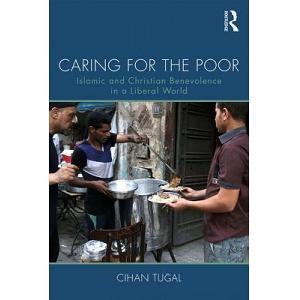Who is entitled to receive zakat?
The eight categories of zakat
recipients are:
The poor: generally includes individuals unable to provide for themselves and their families for the foreseeable future (as some jurist note, for the year ahead) with the typical requirements necessary for living for individuals of a similar social standing of their locality, either due to an insufficiency of wealth or an inability to work; for those permanently unable to provide for themselves, such as the incapacitated poor, or the widow without support, an ongoing zakat – based pension may be arranged.
Those short of money: includes
individuals whose temporary circumstances cause them to become poor, in which
case the general guideline for determining “poverty” is followed (as above,
“the poor”), such as those who do not have access to their money, whether due
to separation or being owed money, and thereby become poor;
Zakat collectors: includes
individuals and institutions authorized to distribute zakat, provided the
entire zakat amount is given to the poor and not deducted from to pay for
administrative expenses;
Those whose hearts are to be won
over: includes Muslims whose faith may be weak and whose service to the ummah
may be improved by a monetary incentive; Hanafis and Malikis was in a state of
tremendous expansion; its abrogation during the time of Hazrat Abu Bakr and
Hazrat Umar
The slave seeking ransom:
includes providing a slave the funds to purchase freedom, it is worth noting
that the practice of slavery, which began before the coming of Islam and which
the Islamic rulings themselves helped to phase out, is entirely distinguishable
from the colonial variety which provided slaves with neither legal right nor
legitimate recourse to freedom, as this zakat provision does;
The indebted: includes those
whose debts exceed their zakatable wealth and thereby become “poor” or “short
of money” because they are burdened with a debt, and neither their work nor
their surplus wealth is sufficient to repay the debt;
Those fighting for the cause of
Allah: includes salaries, weaponry, clothing, equipment and the like for
individuals actively participating in military jihad for the establishment of
Islam, and their non – participating dependents, who have no other source of
income, such as from their government;
The needy traveler: includes
individuals traveling 81KM or more from their city’s limits (or what is
normally considered to be the limits of one’s area of residence) who are short
of money (having spent or lost it, or having been stolen from) and are
reasonably unable to access their money and require expense for food, travel
and other necessities, whether they qualify for nisab when resident or not, and
even if they are otherwise wealthy.
Source:

No comments:
Post a Comment